Dr. Abdulmumin Jibrin Kofa, the Member representing Kiru/Bebeji federal constituency in Kano State and Chairman of the House Committee on Housing and Habitat, has recently taken a significant step towards fostering peace in his region. On Thursday, during an interview on Freedom Radio, monitored by The Nation, Kofa declared his intention to lead a reconciliation effort between two of Nigeria’s prominent political figures: Rabiu Kwankwaso of the New Nigeria People’s Party (NNPP) and Umar Ganduje of the All Progressives Congress (APC).
Kofa emphasized that the ongoing feud between these two leaders is a substantial setback for Kano State, highlighting the urgency for reconciliation. He stressed that this reconciliation should transcend political affiliations, urging that Kwankwaso and Ganduje recognize their longstanding brotherhood beyond party lines. “They may remain in their party platforms which they represent, they should however see themselves as brothers,” Kofa stated, advocating for a unity that prioritizes the welfare of Kano over political differences.
Both Kwankwaso and Ganduje have had illustrious careers in Nigerian politics. Kwankwaso’s journey from the civil service to becoming a Deputy Speaker, Governor of Kano, Minister, Senator, and Ambassador showcases his significant influence in both state and national politics. Similarly, Ganduje has navigated from being a civil servant to roles such as Director in the Federal Capital Territory, Commissioner, Deputy Governor, and eventually Governor of Kano before assuming his current role as National Chairman of the APC. Kofa pointed out their accomplishments, suggesting that their past collaboration had brought positive changes to Kano, which could be reignited through reconciliation.
Kofa’s plea is not just a call to the two leaders but to all well-meaning citizens of Kano to join this crusade for peace. He underscored the moral and religious duty, particularly as Muslims, to reconcile, stating, “Whether they like it or not, the issue of politics is something different, it is their choice but as Muslims we have a duty to do the right thing by reconciling them.” He envisions a future where Kwankwaso and Ganduje can partake in each other’s personal joys and sorrows, symbolizing a return to their once-close relationship.
This initiative by Kofa reflects a broader desire for political stability and cooperation in regions where political rivalry can lead to division and hinder progress. He calls for a collective effort to heal old wounds and focus on the development, peace, and unity of Kano. His message is clear: the reconciliation of Kwankwaso and Ganduje is not just beneficial but necessary for the state’s advancement, urging those opposed to the reconciliation to reconsider their stance for the greater good.
In conclusion, Kofa’s advocacy for reconciliation between Kwankwaso and Ganduje is a poignant reminder of the power of unity over division, especially in Nigerian politics where personal relationships can profoundly influence governance and community well-being. His call to action is a beacon for those who believe in the potential of political leaders to set aside differences for the collective prosperity of their constituents.

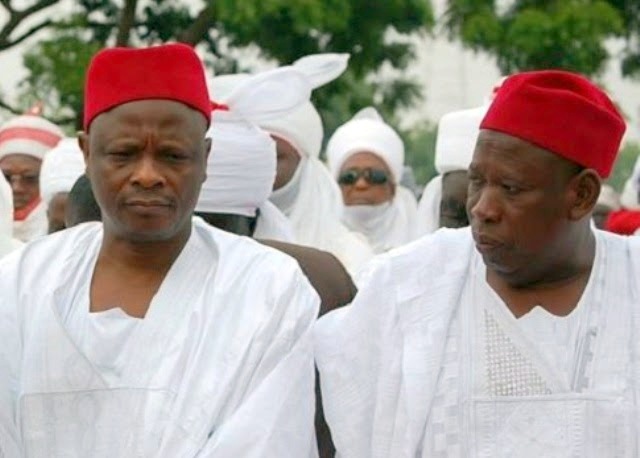
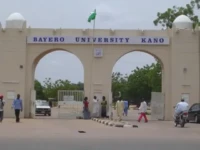
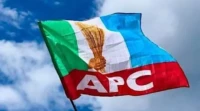
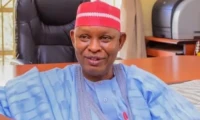
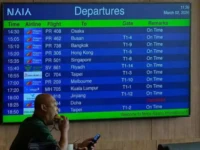
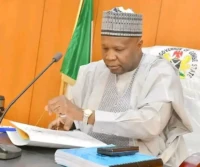
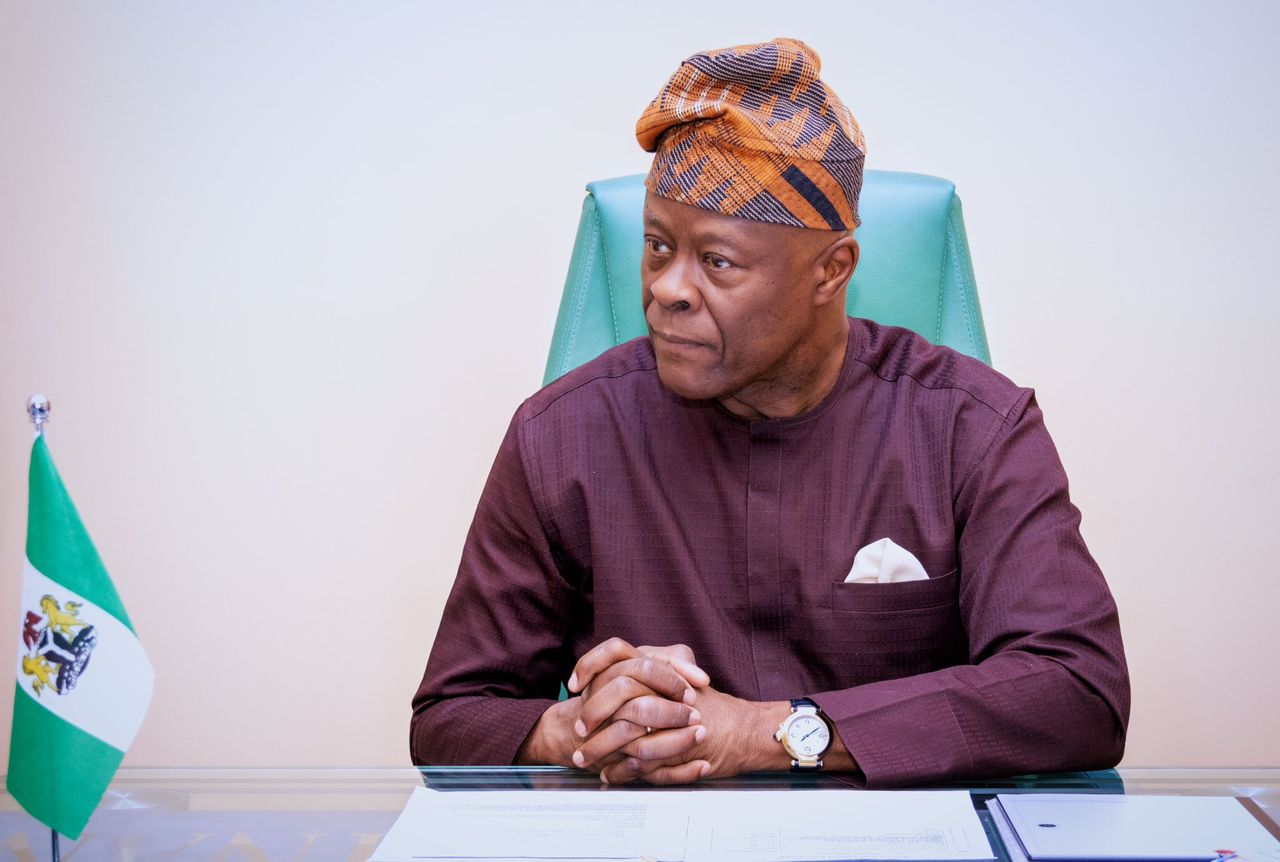
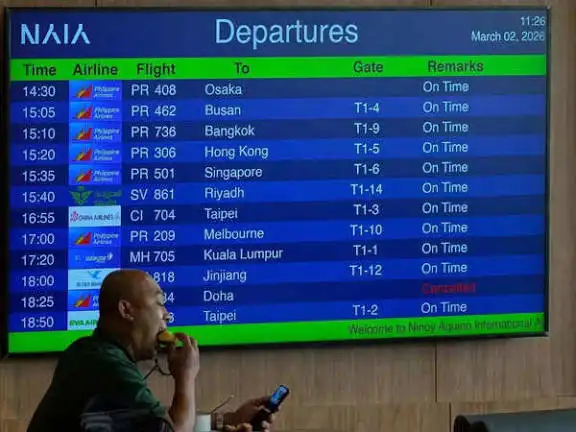


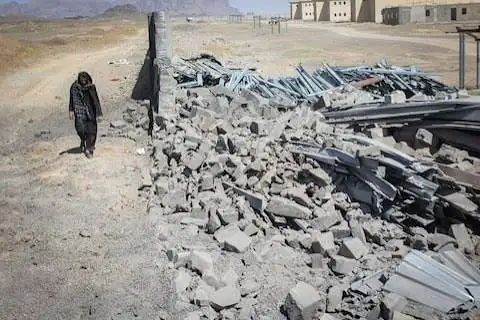
I believe Kofas call for reconciliation is necessary for progress in Kano. Its time to put differences aside and work together.
Why should Kofa be the one advocating for reconciliation between Kwankwaso and Ganduje? Shouldnt they handle it themselves?
I believe reconciliation is key for progress in Kano. Lets put aside personal differences for the greater good. #UnityIsStrength
I dont think reconciliation is possible between those two. Their feud runs deep. Kano needs new leadership altogether.